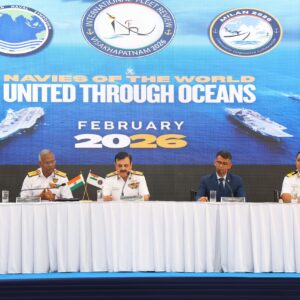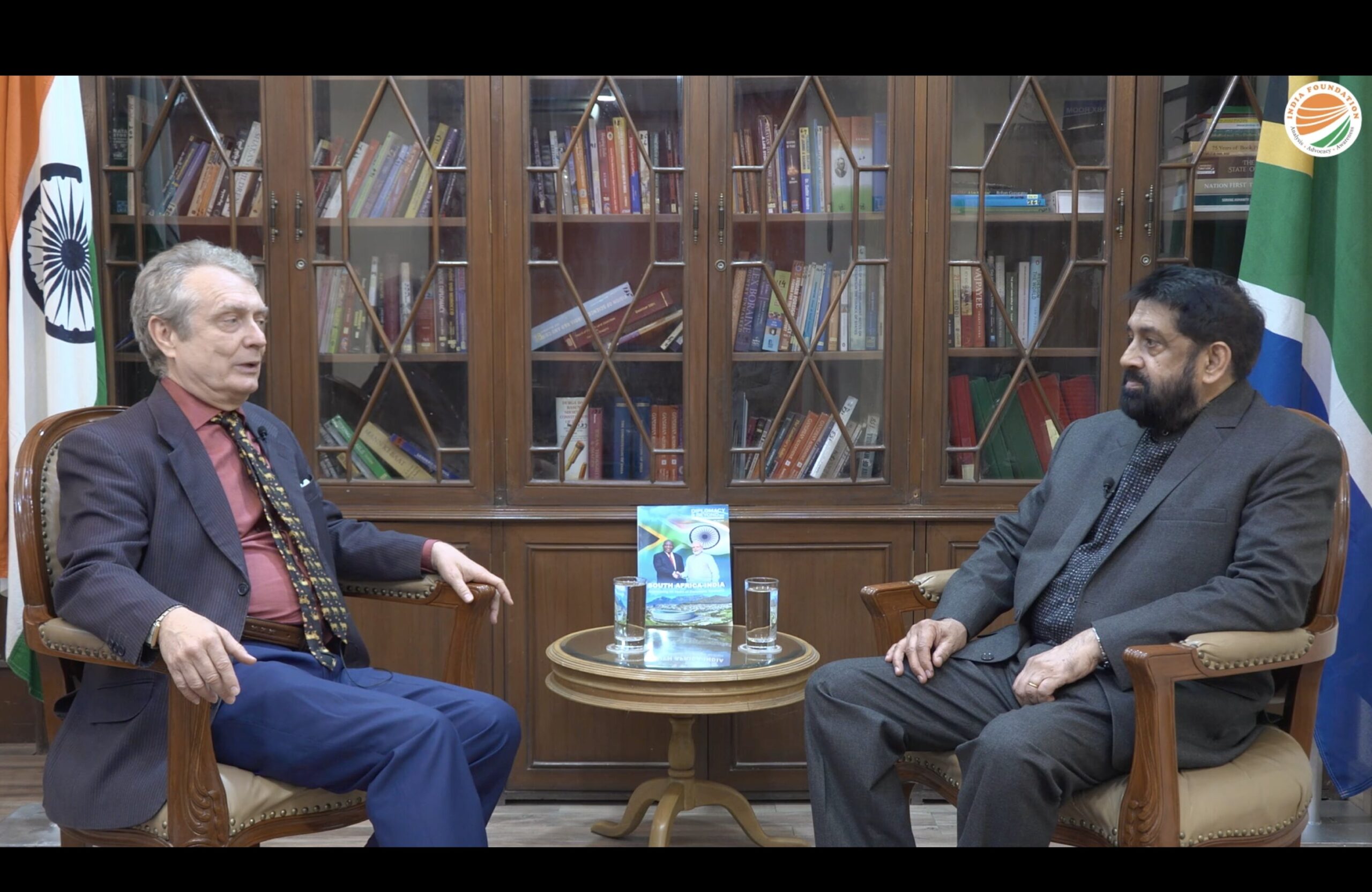The government of Prime Minister Narendra Modi, immediately after coming to power had made better relations with neighbours one of the key pillars of his foreign policy and in one of the boldest initiative he went out of his way to invite the heads of states or the heads of government of all SAARC states and Mauritius for the swearing in ceremony. Accordingly, Prime Minister Nawaz Sharif was invited for the swearing in ceremony and he rightfully responded by attending the ceremony and gave a positive stimulus to the emerging bonhomie by rejecting a call by The Kashmiri separatists to meet them during his visit. Subsequently, the prime minister further expressed his intentions to take all the neighbours along and even offered to launch a SAARC satellite for them. In keeping with this prevailing atmosphere of trust, it was decided that the foreign secretaries of India and Pakistan should meet in Islamabad on 25 August 2014, to lay a platform for reviving the composite dialogue process, which had been stalled for two years.
However, this whole progress towards peace was vitiated, when Pakistan’s envoy decided to meet the separatist leaders of ‘Hurriyat Conference’ despite Indian Foreign secretary’s directive against it. After exhibiting blatant insensitivity towards the host country’s concerns and having violated the diplomatic niceties, it was imperative for Indian government to act and it acted suitably. Its action was just and appropriate. The excuse that previous Indian governments had allowed Pakistani envoys and visiting dignitaries to meet the Hurriyat, does not indemnify Pakistani diplomat’s action especially as it was done after having been specifically told against it by the Indian Foreign secretary. This transgression becomes even more acute, when one looked at in the context of Indian conduct in Islamabad. No Indian envoy or visiting Indian official has ever visited any nationalist leader from Pakistan occupied Kashmir, though many anti-Pakistan movements are flourishing there. It is well known that one nationalist leader from Gilgit-Baltistan, who had visited India in the past and has been extremely critical of Pakistani occupation, is suffering from grave medical problems, but has been prevented from seeking medical treatment abroad by the Pakistan government, which has impounded his passport and placed his name on the Exit Control List. Although the individual concerned is slowly inching towards his end, no one from the Indian government or its envoys have met him or provided him much needed medical aid as they do not want to offend Pakistan, even though this could qualify as genuine humanitarian aid.
The current action of cancelling the talks will ensure that at the very least, as long as this government is in power, no visiting Pakistani official will dare to meet these separatist leaders. Many ‘learned’ Indian analysts believe that the government should have stopped the Hurriyat leaders from meeting the Pakistani envoy rather than cancelling the talks.It would however, have been the wrong approach, as the separatists despite being used by external agencies, are citizens of a democratic country, and should have the freedom to go wherever they want. More significantly, any action to stop them or arrest them would have given them undue publicity as almost all of them are spent forces, with absolutely no credibility or support base. On the other hand, the Pakistani envoy is expected to remain within the diplomatic norms and therefore should have avoided meeting them, when specifically directed by Indian government.
Does the calling off of Foreign Secretary level talks, a big setback to India-Pak relations and peace process? Not the least, as the talks were scheduled at a time, when Pakistan is going through extreme turbulence and the situation in Islamabad appears most fluid. It would have been extremely futile to talk to a government , whose sustenance and support is questionable. More significantly, the two prime ministers could still meet in New York on the side lines of UN General Assembly meeting, if Nawaz manages to remain in office and Pakistan does not indulge in any further acts of provocation. This also raises another question, as to why did Pakistan’s envoy meet the Hurriyat leaders, when his own Prime Minister had refused to meet them just three months ago. The possible reason is that the high commissioner was acting at the behest of General Headquarters (GHQ) in Rawalpindi rather than the Foreign Office in Islamabad. Probably his action was guided by a sense of self preservation, considering the tenuous state of Nawaz Sharif’s government. The recent increase in cases of ceasefire violations across the Line of Control also indicates that the GHQ has decided to increase the tensions between the two countries, possibly with an attempt to divert attention of its citizens from the internal turmoil.
This raises the important question, should India be talking to Pakistan, especially at this point of time, when Pakistan has still not acted against the planners and collaborators of Mumbai attack. There is a need to put pressure on Pakistan to deliver on the terrorism front, but in the long term talks with Pakistan are essential to show to the international community and Pakistan’s populace that India wants peace. This would go a long way in weakening Pakistan Army’s influence in state’s polity, as it thrives on anti-India sentiments. However, the current time frame, when Pakistan is undergoing serious instability is certainly not the best time for talks, while India must do everything that could strengthen democracy in Pakistan, without in any way compromising India’s core interests; it may be prudent to avoid talks till some clarity emerges about the future of Pakistan’s government.
Alok Bansal is Director, Centre for Security & Strategy, India Foundation. The views expressed are his own.




